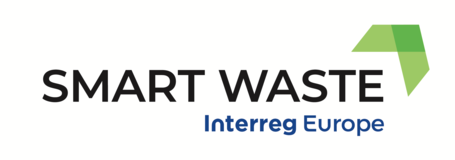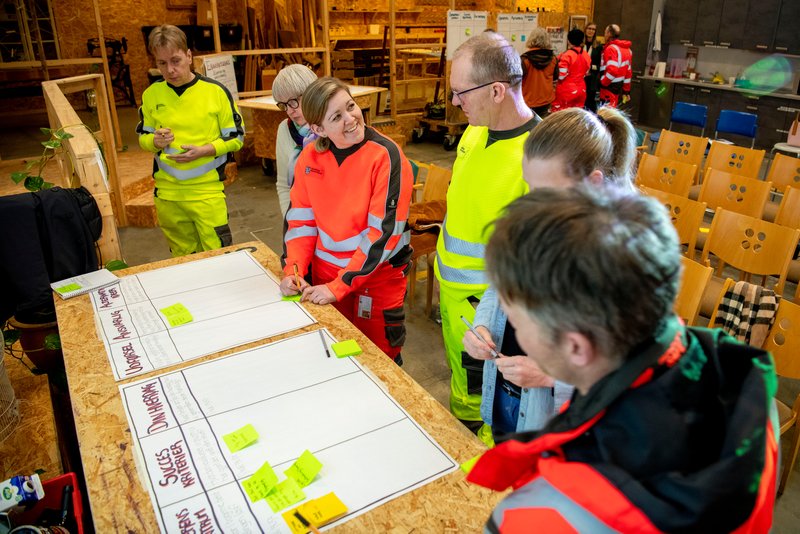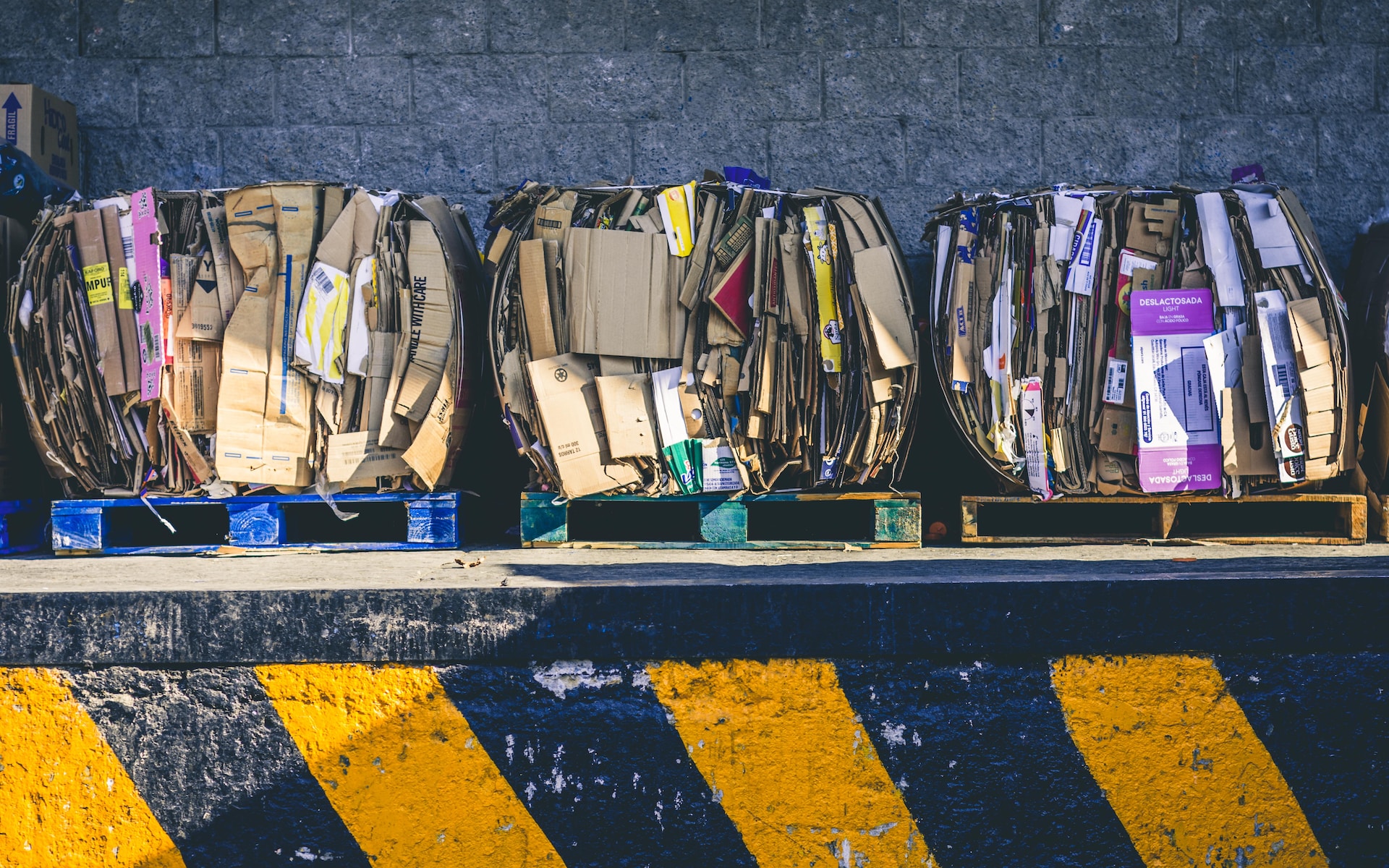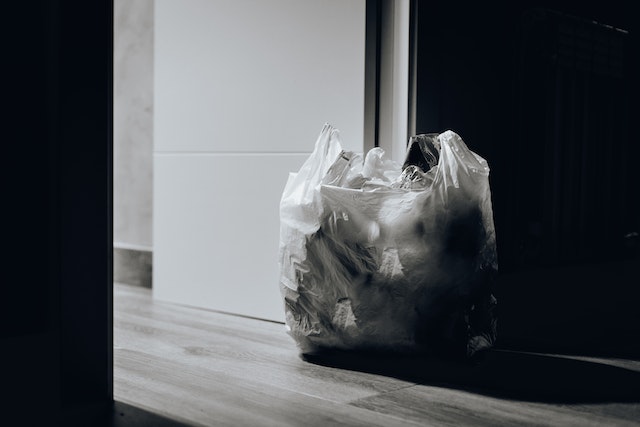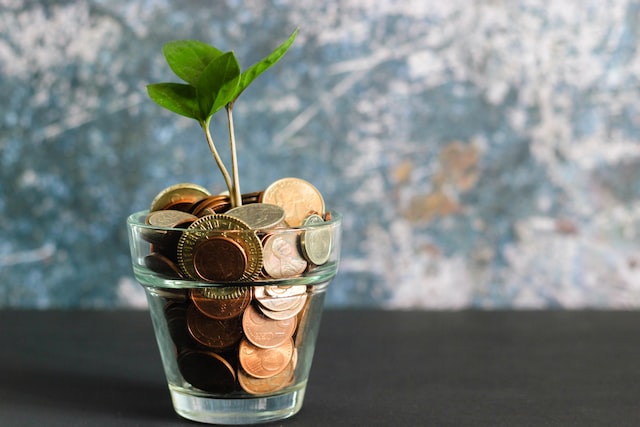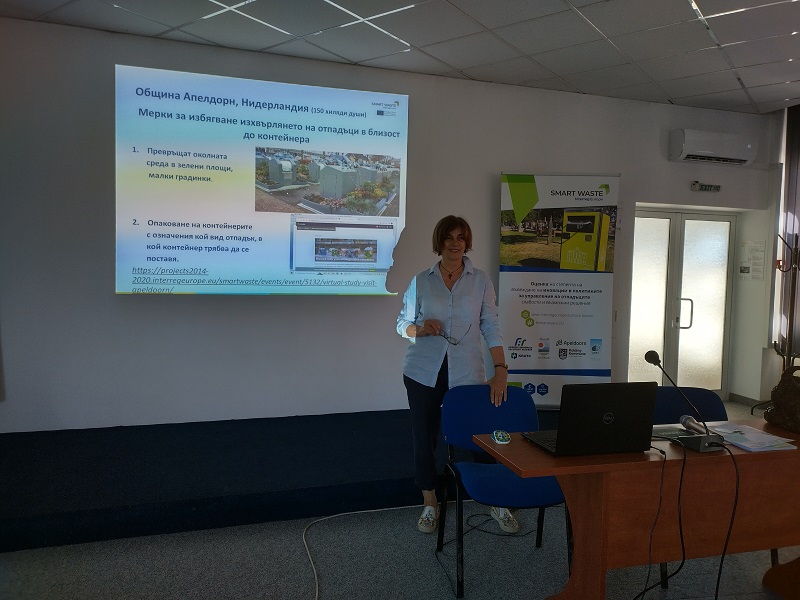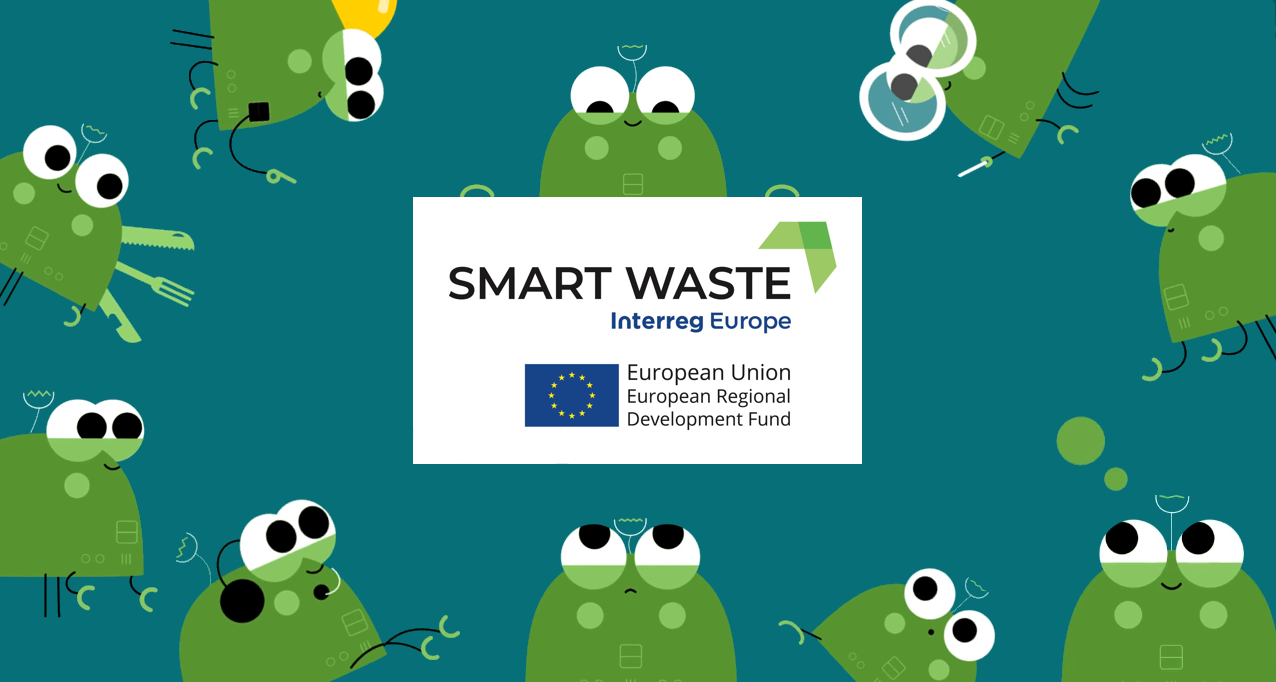In the second week of September 2020 the Italian Government published in the National Official Journal four Legislative Decrees that, as a whole, bring into force in Italy provisions of the 2018 European Directives 849 to 852 of the so-called European Circular Economy Package. All Legislative Decrees will enter into force by the end of September 2020.
The changes in the national legal framework will be massive and will impact waste management both in general and specific ways, especially for Extended Producer Responsibility Schemes, municipal waste, construction and demolition waste, packaging and packaging waste, WEEEs, batteries and accumulators and waste from batteries and accumulators, out of life vehicles, landfill construction and management.
Overall the main aim of the new Italian legislative framework is to shift national and local waste management towards the higher steps of the European waste Hierarchy, namely waste prevention, reuse, preparation for reuse and recycling.
More specifically, both the public and the private sector are bound to cooperate in order to achieve the new waste recycling and reuse targets for municipal waste and construction and demolition waste and also the new target of reduction of municipal waste sent to disposal in landfills. An organic and complex set of measures will be put into place to reach these aim, including, but not limited to, a new National Waste Management Plan and new contents for Regional Waste Management Plan, stronger provisions for Extended Producer Responsibility Schemes, mandatory separate collection and recycling of organic waste and textiles, support to reuse of end of life vehicles parts, a new definition of municipal waste that will also include waste similar in nature to household waste from producers other than households, so that the public sector will now be in charge of managing also these waste streams.
These measures are but a few of the provisions envisaged by the new Decrees which have the full potential to support the Italian Economy in shifting towards an increasing level of circularity, one of the main pillar of European Green New Deal and a strong instrument also to a better environment and the economic recovery from the COVID-19 pandemic in Italy.
